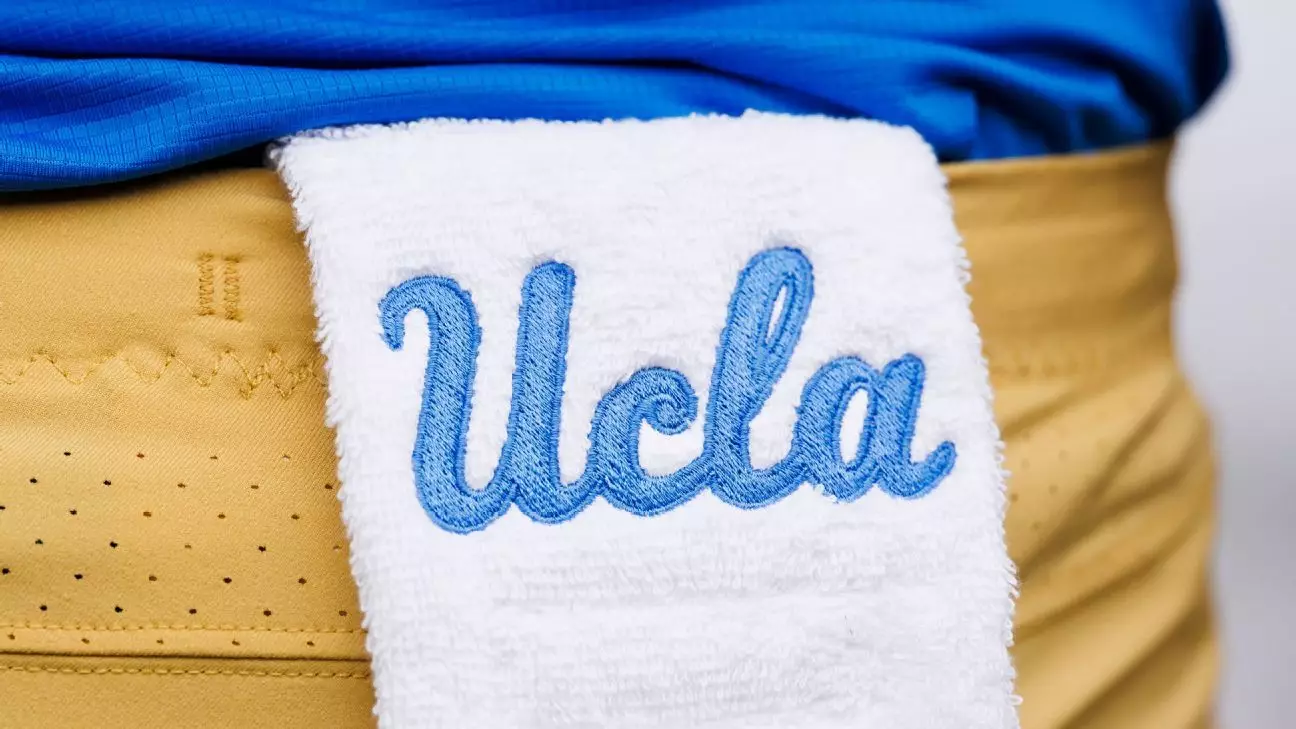In the unpredictable world of college football recruitment, few stories stand out like that of Madden Iamaleava, who, in a move that stirs both excitement and concern, plans to reunite with his brother at UCLA after entering the NCAA transfer portal. The dynamics of family in sports cannot be overstated, and this situation typifies the conflicting emotions involved—where loyalty meets ambition. Madden, previously a freshman quarterback for the Arkansas Razorbacks, epitomizes the breed of player willing to navigate the turbulent waters of collegiate athletics in pursuit of their dreams.
From Promise to Uncertainty
Initially, Madden was celebrated as a top recruit, ranked No. 145 overall in the 2025 ESPN class and praised for his pocket-passing abilities. So what happened? His brief dalliance with Arkansas—a team that thrived on his potential during a critical recruitment period—ended abruptly when he decided to hit the reset button. His transfer from Arkansas is a complicated tapestry woven from personal aspirations and the unpredictable nature of team dynamics. With barely a season under his belt and no on-field action due to eligibility issues, one has to wonder: does he carry the weight of unrealized potential on his shoulders?
The reality is that college football often resembles a cutthroat business, where young athletes are treated like commodities, their value dictated by performance on paper rather than actual playtime. This is where the Iamaleava brothers stand at a crossroads. With their destinies intertwined even before they stepped into the spotlight, the anticipation around their reunion at UCLA is palpable. However, it raises critical questions about the pressure of expectation and the psychological toll that comes with it.
Implications of the Transfer
Madden’s transfer not only impacts his trajectory but echoes throughout college football, underscoring a growing trend: the normalization of player movement. While some may view this shift positively, allowing players the freedom to seek the best opportunities, it also introduces chaos within rosters and fanbases. For the athletes, the psychological ramifications of such decisions are profound. What does it mean to place one’s faith in a program, only to jump ship shortly after? In a sense, it invokes the spirit of the modern liberal ethos—individual autonomy, seeking better opportunities, and escaping corporate rigidity—but does this autonomy come at a cost?
From a recruitment standpoint, UCLA now finds itself in a position of strength. They have secured not just one but potentially two Iamaleava quarterbacks, which raises their ceiling significantly. Yet, the social fabric of sports—a brotherly bond that fans can rallied behind—could just as easily fray under the strains of heightened expectations.
Future Prospects and the Weight of Legacy
The narrative surrounding Madden Iamaleava will transcend mere statistics. The substantial pressure will be to prove that both brothers deserve their place in the limelight. The coming months will be intricate, filled with performance evaluations and loud whispers from the audience, as they will scrutinize their journey closely.
As the NCAA landscape continues to evolve, the once stiff barriers of recruitment and allegiance are melting away. Madden is taking a bold step forward in search of glory, though whether this decision brings him a return to form or plunges him deeper into chaos remains uncertain. With illustrious ambition often comes a price—a truth that resonates loudly in the ever-complicated arena of college athletics.


Leave a Reply